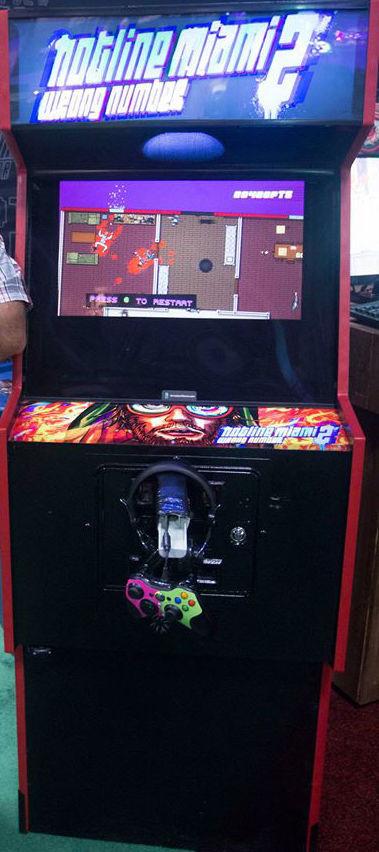
Work is also proceeding on a database that is using GPS technology to map all the genocide sites in Rwanda, and matching them with photographs and testimonies from survivors, witnesses and perpetrators present where the killings took place.ĭr David Kirk, a lecturer in Human Computer Interaction at the University of Nottingham's school of computer science, which is handling this part of the project, said the work may even help Rwandans map the final movements of relatives who died in the massacres.

"Important documentation about the Rwandan genocide will probably always remain dispersed in various locations around the world, but it's our ambition to include digitally anything that cannot be included in the physical archive," said Fred Heath, the director of the University of Texas Libraries. It will also include scans of all documents and photographs housed on-site in Kigali, as well as relevant material held elsewhere. With assistance from experts at the University of Texas Libraries, all the audiovisual material, with accompanying transcripts in English, Kinyarwanda, and French, is being copied into the digital archive. Recordings from these proceedings form part of the new document centre. The country has also held thousands of gacaca trials, a system of community justice in which people accused of serious crimes during the genocide faced public hearings, with victims' families and survivors allowed to confront them. Across the tiny country there are nearly 200 memorial sites marking places where killings took place. "It will show with facts how the genocide was prepared and executed in order to tell what happened – and to say 'never again'," he said.įor 16 years, during which time Rwanda has staged an impressive recovery under president Paul Kagame's authoritarian rule, the government has endeavoured to ensure that the genocide is never far from people's memories. The project, six years in the making, has been driven by the Aegis Trust, a British organisation that works to prevent crimes against humanity, and the Commission for the Fight Against Genocide in Kigali.įreddy Mutanguha, the Rwanda director for the Aegis Trust, said the main aim of the archive was to aid research and teaching, both locally and abroad.

In time the recordings and documents will be also be housed in a digital archive available to researchers on-site and, eventually, through the internet. The material has been gathered from Rwandan media outlets and museums, court records, foreign institutions, especially in France, and from survivors.

Located at the Kigali Genocide Memorial, where tens of thousands of victims are buried, the new facility will initially hold 1,500 audiovisual recordings and more than 20,000 documents and photographs.


 0 kommentar(er)
0 kommentar(er)
